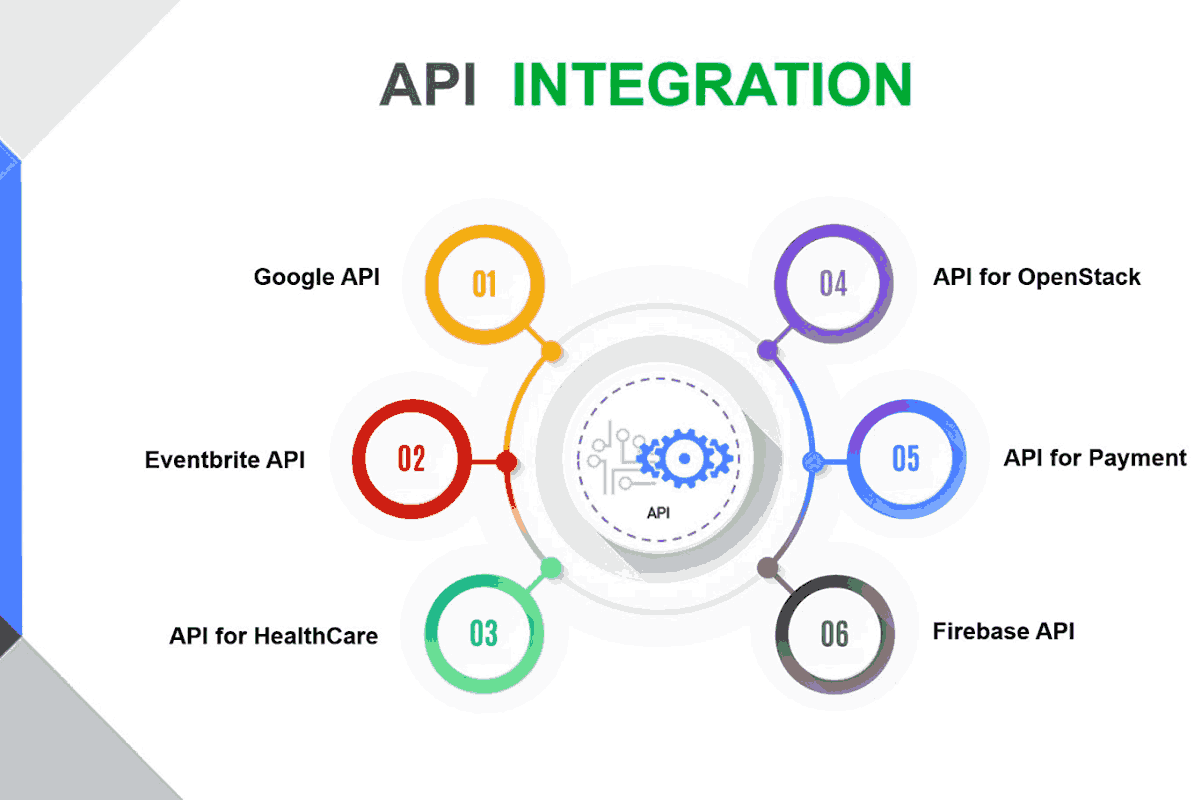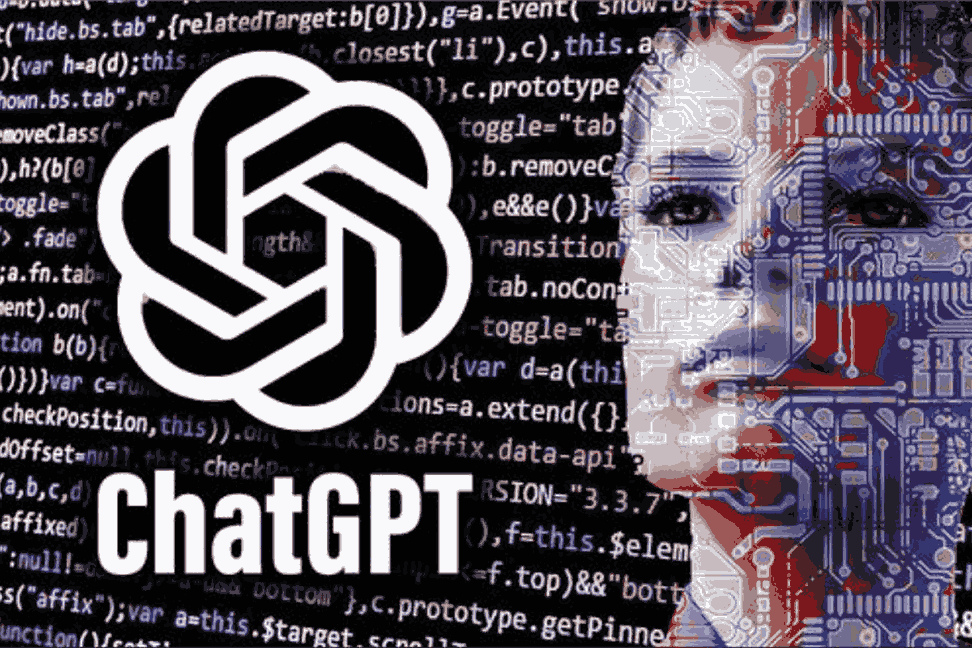
DevOps interview questions are a critical part of the hiring process for engineers, system administrators, and cloud professionals looking to work in modern development environments. As more companies shift toward automation, cloud infrastructure, and agile methodologies, understanding what to expect in a DevOps interview has never been more important.
From core concepts like CI/CD and containerization to real-world troubleshooting scenarios, preparing for these questions can make the difference between landing the role or going back to the job boards.
In this article, we'll walk you through the key areas typically covered in DevOps interviews, what hiring managers are looking for, and how to prepare effectively to land your next DevOps job.
Understanding the DevOps Mindset
Before diving into specific technical topics, many interviews start by testing your understanding of the DevOps culture. DevOps isn’t just a set of tools—it’s a mindset focused on collaboration between development and operations teams, continuous improvement, automation, and delivering value quickly.
Common conceptual questions may include:
-
What does DevOps mean to you?
-
How is DevOps different from traditional software development?
-
What are the key benefits of adopting DevOps practices?
In your answers, emphasize principles like continuous integration (CI), continuous delivery (CD), infrastructure as code (IaC), and monitoring—all of which form the backbone of modern DevOps workflows.
Core Technical Topics
Most DevOps interview questions will cover a mix of tools, automation strategies, and real-world problem-solving. These topics often form the bulk of technical interviews:
1. Version Control (Git)
-
Explain branching strategies you’ve used (e.g., Git Flow)
-
How do you resolve merge conflicts?
-
What’s the difference between
git pullandgit fetch?
2. CI/CD Pipelines
-
How would you build a CI/CD pipeline from scratch?
-
What tools have you used (Jenkins, GitLab CI, CircleCI)?
-
How do you handle rollbacks after a failed deployment?
3. Containerization and Orchestration
-
What is Docker, and why is it useful in DevOps?
-
How do containers differ from virtual machines?
-
How have you used Kubernetes to manage containerized applications?
4. Infrastructure as Code (IaC)
-
What’s your experience with Terraform or CloudFormation?
-
How do you manage secrets in IaC?
-
How does IaC improve deployment speed and consistency?
5. Monitoring and Logging
-
What tools do you use for system monitoring (e.g., Prometheus, Grafana)?
-
How do you respond to production incidents?
-
How do you set up effective alerting?
Scenario-Based Questions
Many interviews go beyond theory and focus on real-world situations. Interviewers may present scenarios to assess how you troubleshoot, automate, and optimize under pressure.
Examples of scenario-based DevOps interview questions:
-
A service crashes during peak traffic. What steps would you take to investigate and resolve the issue?
-
How would you automate the deployment of a multi-service application to a staging environment?
-
Describe how you’ve handled a situation where a release introduced a critical bug in production.
These questions test not only your technical skills but also your communication, collaboration, and problem-solving abilities.
Soft Skills Matter Too
DevOps is a cross-functional role that requires working closely with developers, QA teams, product managers, and infrastructure engineers. Employers look for candidates who can:
-
Communicate clearly during incidents
-
Write clean, documented scripts or code
-
Prioritize tasks and work in agile environments
Behavioral questions may ask how you’ve handled conflict, juggled priorities, or learned from a deployment failure.
Tips to Prepare for DevOps Interviews
To ace DevOps interview questions, keep these tips in mind:
-
Hands-on practice is essential: Set up your own CI/CD pipelines, create Docker images, deploy them with Kubernetes, and manage infrastructure with IaC tools like Terraform.
-
Use real-world examples: Prepare to discuss specific projects you've worked on, the tools used, the challenges faced, and the impact of your work.
-
Stay updated: DevOps is a fast-evolving field. Follow blogs, GitHub repositories, and news sources to keep up with the latest tools and practices.
-
Review logs and troubleshoot: Be ready to walk through debugging steps using logs, monitoring dashboards, and shell commands.
Conclusion
Whether you’re applying for your first DevOps role or looking to advance your career, preparing for DevOps interview questions can give you a competitive edge. Focus on both technical depth and your understanding of DevOps culture. The more you combine practical experience with strong communication skills, the more confident you’ll be in your interviews.
As companies continue to invest in automation and cloud-native infrastructure, the demand for skilled DevOps engineers will only grow. By mastering the common DevOps interview questions, you’ll be well on your way to securing a rewarding role in this dynamic field.
know more about
Keywords:
- DevOps Interview Questions











Leave a comment